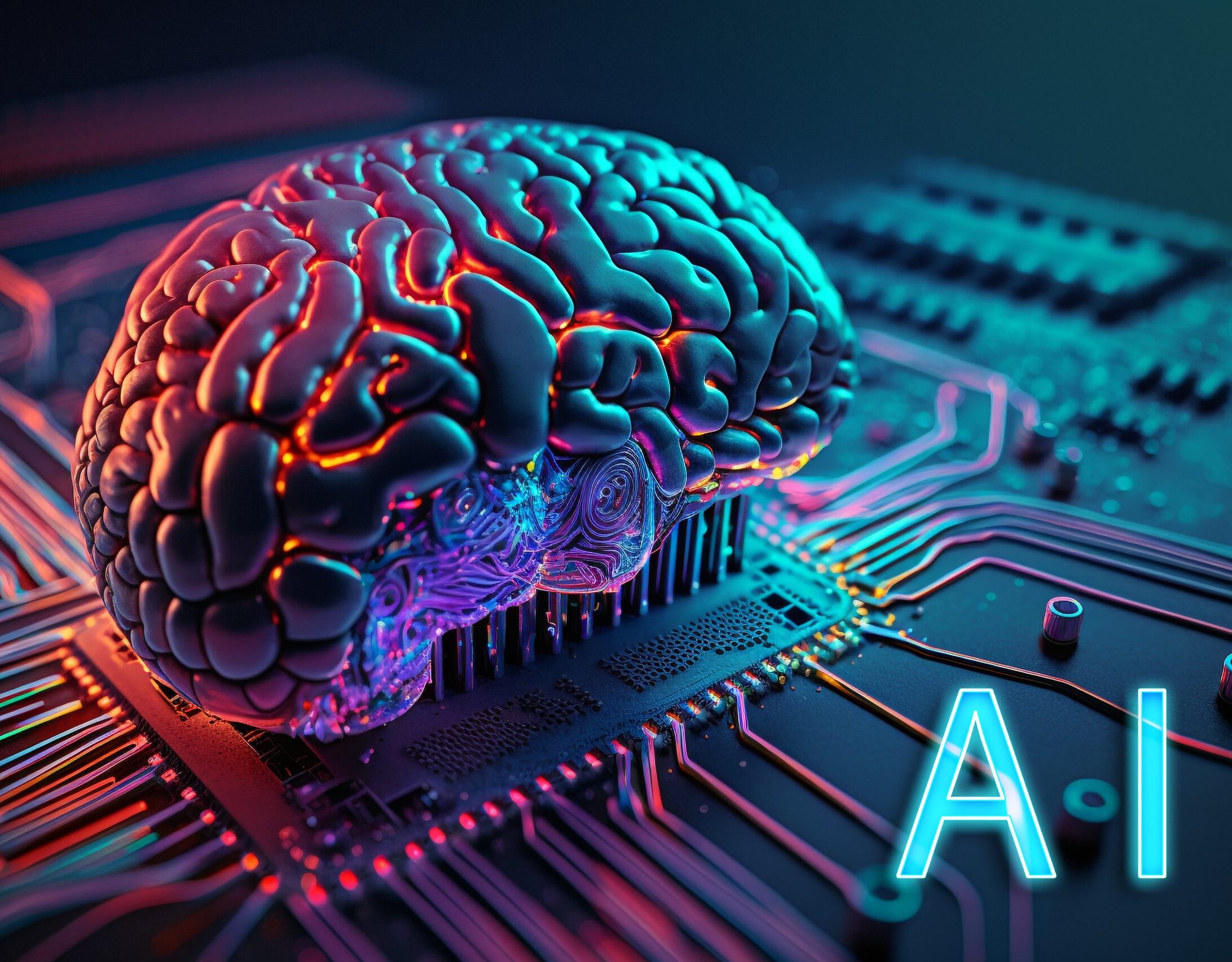Artificial intelligence (AI) is one of the most disruptive and transformative technologies of our time. It has the potential to improve many aspects of our lives, such as health, education, entertainment, and security. However, it also poses some serious challenges and risks, especially for the future of work. Many people are worried that AI will replace human workers and cause massive unemployment. Is this fear justified? Or is AI going to create more jobs than it destroys? In this blog post, I will explore both sides of this debate and try to answer the question: Will AI make your job obsolete or open new doors for you?
Artificial Intelligence As A Threat
There is no doubt that AI is already affecting the labor market in various ways. According to a report by McKinsey, about half of all work activities globally could be automated by 2055 using current technologies, and up to 375 million workers may need to switch occupations or acquire new skills by 2030. Another study by Oxford University estimated that 47% of US jobs are at high risk of automation in the next two decades.
Some of the sectors that are most vulnerable to automation are manufacturing, transportation, retail, and hospitality. These sectors employ millions of low-skilled workers who perform routine and repetitive tasks that can be easily done by machines. For example, robots can assemble products faster and more accurately than humans, self-driving cars can transport passengers and goods without drivers, and chatbots can handle customer service inquiries without human intervention.
Moreover, AI is not only threatening low-skilled jobs but also some high-skilled ones. For instance, AI can perform complex tasks such as diagnosing diseases, writing legal contracts, and designing buildings. These tasks require human expertise and creativity, but AI can learn from large amounts of data and generate solutions that are superior or comparable to human ones. Therefore, some professionals such as doctors, lawyers, and architects may also face competition from AI in the future.
AI also poses some challenges and risks for the IT industry. One of the main challenges is the skills gap that exists between the demand and supply of AI talent. According to a report by Gartner, by 2020, 75 percent of organizations will experience visible business disruptions due to infrastructure and operations skills gaps. Therefore, IT professionals need to constantly update their skills and knowledge to keep up with the rapid changes and innovations in AI. Another challenge is the ethical and social implications of AI for the IT industry. As AI becomes more powerful and pervasive, it raises questions about the accountability, transparency, privacy, and fairness of IT systems and applications. Therefore, IT professionals need to adhere to ethical principles and standards when designing, developing, and deploying AI solutions.
Artificial Intelligence As An Opportunity
On the other hand, there are also reasons to be optimistic about the impact of AI on employment. First of all, AI can create new jobs that did not exist before or were not feasible without AI. For example, AI can enable new industries such as autonomous vehicles, smart homes, and virtual reality. These industries will require new skills and roles such as software engineers, data analysts, and content creators. Additionally, AI can create new opportunities for entrepreneurship and innovation, as people can leverage AI tools and platforms to start their own businesses or solve social problems.
Secondly, AI can enhance existing jobs by augmenting human capabilities and productivity. Rather than replacing humans, AI can assist them in performing their tasks better and faster. For example, AI can help doctors diagnose patients more accurately and efficiently, lawyers research cases more thoroughly and effectively, and architects design buildings more creatively and sustainably. By collaborating with AI, humans can focus on more meaningful and rewarding aspects of their work, such as decision-making, problem-solving, and communication.
Thirdly, AI can generate more demand for human labor by increasing economic growth and consumer spending. As AI improves the quality and lowers the cost of goods and services, more people will be able to afford them and consume them. This will create more demand for human workers who can provide these goods and services or complement them with human touch and empathy. For example, as AI makes travel cheaper and easier, more people will travel and need human guides, hosts, and entertainers.
The IT industry is also undergoing a major transformation due to AI. AI is not only enhancing the capabilities and productivity of IT professionals but also creating new roles and opportunities for them. According to a recent report from Tata Consulting Services, IT is the most frequent user of AI among various industry verticals, with more than 46 percent of IT organizations at large corporations incorporating AI into their work portfolios. AI can help IT professionals in various tasks such as software development, testing, maintenance, security, and support. For example, AI can automate code generation, bug detection, and debugging using techniques such as machine learning and natural language. AI can also improve the quality and efficiency of software testing by generating test cases, prioritizing test scenarios, and providing feedback.
The Conclusion
In conclusion, AI is a double-edged sword that can both destroy and create jobs. The net effect of AI on employment will depend on various factors such as the pace of technological development, the level of education and skills of workers, the availability of social safety nets and policies, and the adaptability and resilience of individuals and organizations. Therefore, it is hard to predict whether AI will kill more jobs than it creates or vice versa.
However, one thing is certain: AI will change the nature of work and require workers to learn new skills and embrace new challenges. Therefore, it is important for workers to keep up with the changing demands of the labor market and prepare themselves for the future of work. It is also important for employers to invest in training and reskilling their employees and foster a culture of lifelong learning. And, policymakers need to ensure that the benefits of AI are shared widely and fairly among society.
AI is not going to kill jobs; it is going to transform them. The question is: Are we going to embrace this change?








